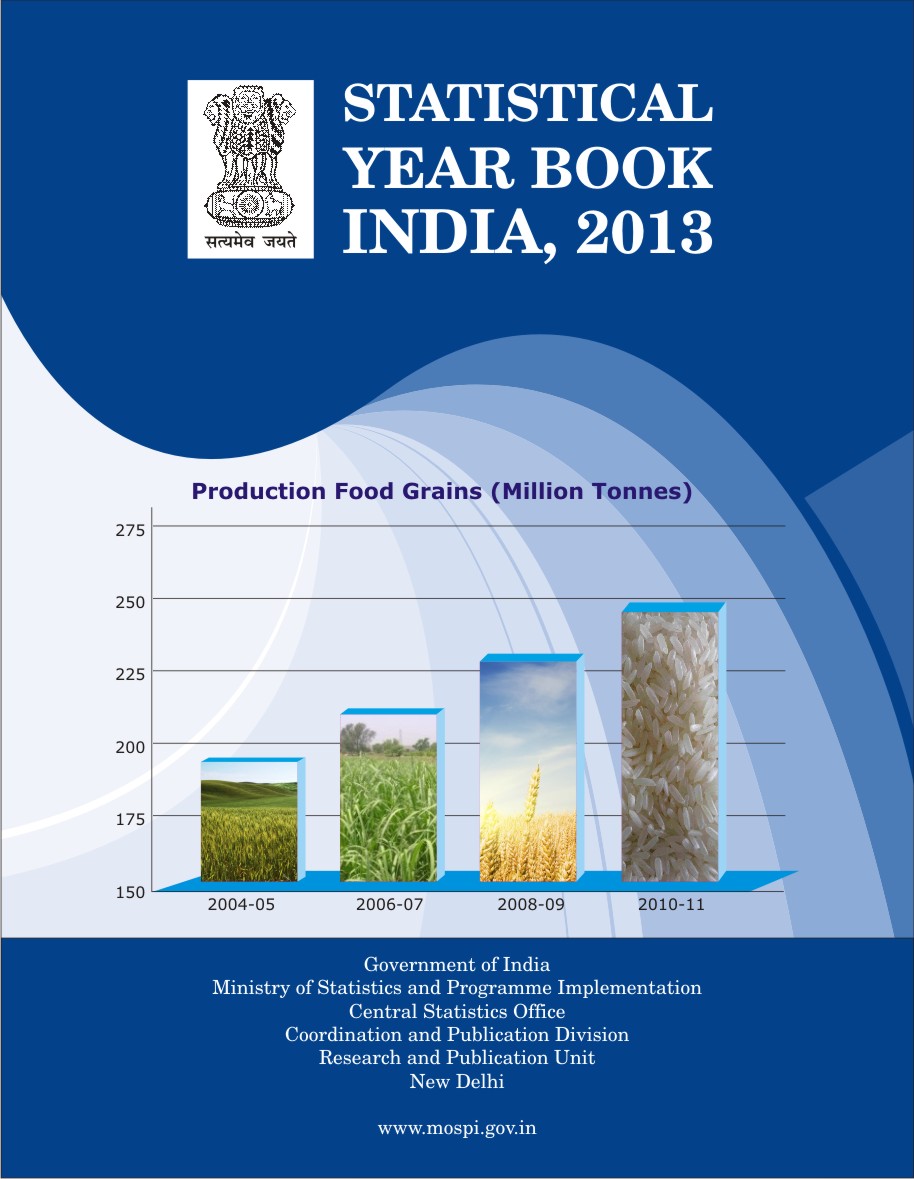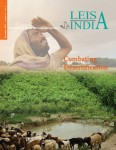Industry
Conference report: The Anil Agarwal Dialogue on "Excreta does matter", organised by Centre for Science and Environment on 4-5 March 2013 at New Delhi
Posted on 12 Mar, 2013 03:23 PMA close examination of these two issues shows that the water and sewage challenge is already grave and could get worse. With this as the backdrop, Centre for Science and Environment (CSE), a public interest research and advocacy organisation based in New Delhi, organised a two day conference called the Anil Agarwal Dialogue on “Excreta does matter”. The conference took place at the Jacaranda Hall, India Habitat Centre, Lodhi Road, New Delhi on 4 and 5 March 2013.
The dialogue aimed at furthering the agenda of CSE’s seventh State of India’s Environment report titled Excreta Matters. This report is a comprehensive survey of the situation of water and wastewater management in 71 Indian cities. The study found that most cities lack a basic policy direction on how best to tackle issues of demand, supply and treatment of water, and of management of sewage.
The Dialogue being the first of its kind brought together a wide range of professionals, activists, practitioners, policy makers, academicians, researchers and administrators from the water sector. The event was aimed at drawing attention on the critical issues of how cities will get affordable and sustainable water and waste systems that can supply to all and take back and treat the sewage of all.

Process of formation of Jajmau Area Water Partnership in Kanpur, Uttar Pradesh – Problems and solutions
Posted on 13 Jan, 2013 12:01 PMIndustrial effluents and sewage water are being diverted to the river Ganga by the cities and towns through which it passes. Nestled on the banks of Ganga, Kanpur, a highly urbanized and industrial city is polluting it most. Apart from the Government of India’s recently constituted National Ganga River Basin Authority, civil societies and NGOs too are putting rigorous efforts to make Ganga pollution free. Though the city has several big and small industries, the leather industries located in Jajmau, the oldest part of the city add to the problem of pollution in the river to a large extent.
AnRak Aluminium in Visakhapatnam, Andhra Pradesh: Another Vedanta in the making ? – An article in EPW
Posted on 10 Jan, 2013 10:35 PMThis paper in Economic and Political Weekly (EPW) by Patrik Oskarsson deals with the bauxite (aluminium) project which is very similar to the Vedanta project in Odisha and is coming up in Visakhapatnam district of Andhra Pradesh.
AnRak Aluminium, a company of the government of Rasal-Khaimah of the United Arab Emirates and Penna Cement of AP has secured approval for both an aluminium complex and the bauxite mines, but the final forest clearance for the mines is awaited.
The AnRak project has replicated the Vedanta model of first building the refinery and then setting up the mine. The mine is to be operated by the state government to circumvent the ban on non-tribal landownership.
Toolkit for solid waste management by Ministry of Urban Development
Posted on 10 Jan, 2013 03:28 PMThis document by Ministry of Urban Development is a toolkit for solid waste management, which is developed under the Jawaharlal Nehru National Urban Renewal Mission. It is prepared with a motive to provide comprehensive knowledge on solid waste management for municipal managers when they implement projects.
Sand mining – An unexamined threat to water security
Posted on 09 Jan, 2013 08:12 PMSand is a resource whose economic value belies the crucial role it plays in our lives. The process of development in India has so far not taken into account the environmental and social consequences of indiscriminate sand mining.
Punjab chief minister objects to draft national water policy - Roundup of the week's news (December 31 – January 6, 2013)
Posted on 08 Jan, 2013 08:03 AMObjection raised to National water Policy
Statistical year book India 2013- A compilation of data sets by Ministry of Statistics and Programme Implementation
Posted on 05 Jan, 2013 07:19 PM

Join Matri Sadan in their fight to save the Ganga from indiscriminate mining!
Posted on 02 Jan, 2013 12:11 PM






